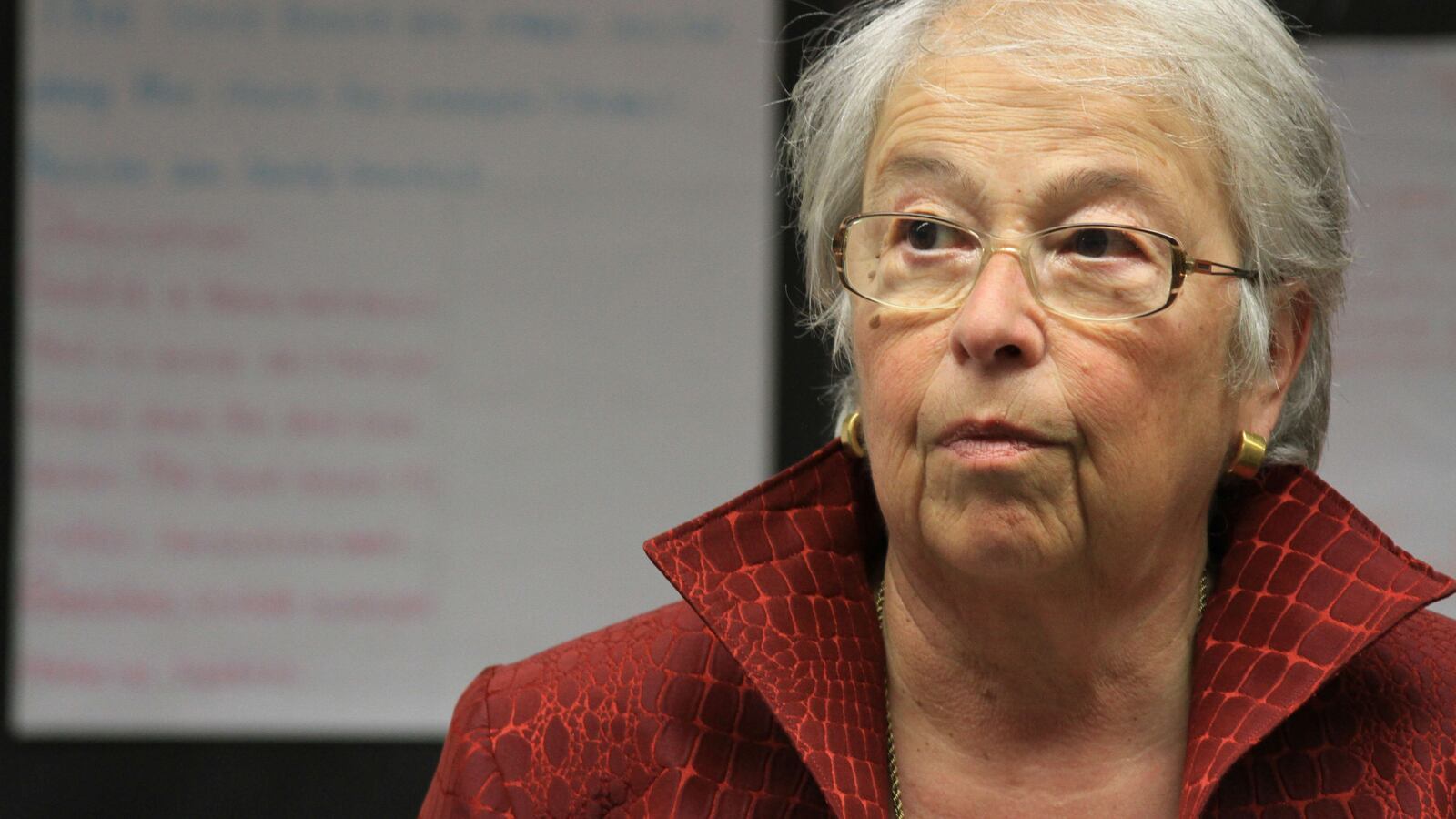The coming school-system overhaul will improve special education services for students, Chancellor Carmen Fariña promised Monday night.
At a forum held by the New York Daily News and the faith-group coalition Metro-IAF, parents and educators presented Fariña with a number of harrowing stories. One parent said her signature had being forged on her child’s Individualized Education Program, the document laying out requirements for special services. Others talked about waiting months for a necessary evaluation or for a student to get access to a special service provider.
Fariña, flanked by her deputy in charge of special education, Corinne Rello-Anselmi, listened and acknowledged that she couldn’t fix the mistakes of the past. But the city’s new borough support centers will soon make it easier for schools and parents to escalate concerns, she said. In addition, the superintendents whom she has given new power and staff will be held accountable for the needs of special-education students, and each of their offices will have a parent liaison who will be asked to keep a log of concerns.
“We’re trying to make the system cleaner, clearer and more accountable,” Fariña said. Strong superintendents, she said later, are “what it’s all going to come down to.”
“You’re going to have a person to call,” Fariña said.
That overhaul has already begun, with superintendents of the city’s community school districts and groups of high schools getting more oversight power this year. The switch will fully flip this summer, as the school-support networks that have helped schools with things like instruction, budgeting, and special-education services are dismantled and their most of their staff members put into local support offices or placed under superintendents.
Fariña also faced tough questions from parents about the city’s struggling schools. Wendy Peters, the night’s first featured speaker, attended P.S. 305 in Bedford-Stuyvesant as a child, but declined to send her own child there in the late 1990s because of the school’s poor reputation. Now, she volunteers there as a tutor, but has seen little progress. No third graders there passed the state reading or math exams last year, Peters noted. (Of the school’s third through fifth graders, 14 percent met the state’s proficiency bar in math last year, while 11 percent did in reading.)
“Isn’t 16 years a reasonable amount of time for underperforming schools to receive the proper assistance they need or to be restructured and/or closed?” Peters asked.
The chancellor’s response hit familiar themes. For one, the superintendent in Brooklyn’s District 13 is working to offer teachers and principals extra support and training, Fariña said. Schools in the city’s Renewal turnaround program (which P.S. 305 is not a part of) are getting even more help, aided by the Renewal-focused staff member reporting to each superintendent.
“I’m not making excuses for what’s been decades of neglect, but I will say at many schools they didn’t have the right tools and they didn’t have the right supervision,” Fariña said.
“There’s no quick answer,” Fariña said, responding to a question about when parents should expect larger-scale improvements at the city’s Renewal schools. “I’m not telling you 16 years is not a long time to wait. Because it is, absolutely, without a doubt. However, I’ve been on the job a year and half, and you have to give me at least another year.”
Soon, struggling elementary schools will get extra help with phonics instruction, and second graders will take the Gates-Macginitie Reading Test to better assess their skills, Fariña said. Meanwhile, superintendents are closely scrutinizing school leadership, and 10 principals have recently been moved to other jobs.
The chancellor will participate in a second, similar forum on May 28.

